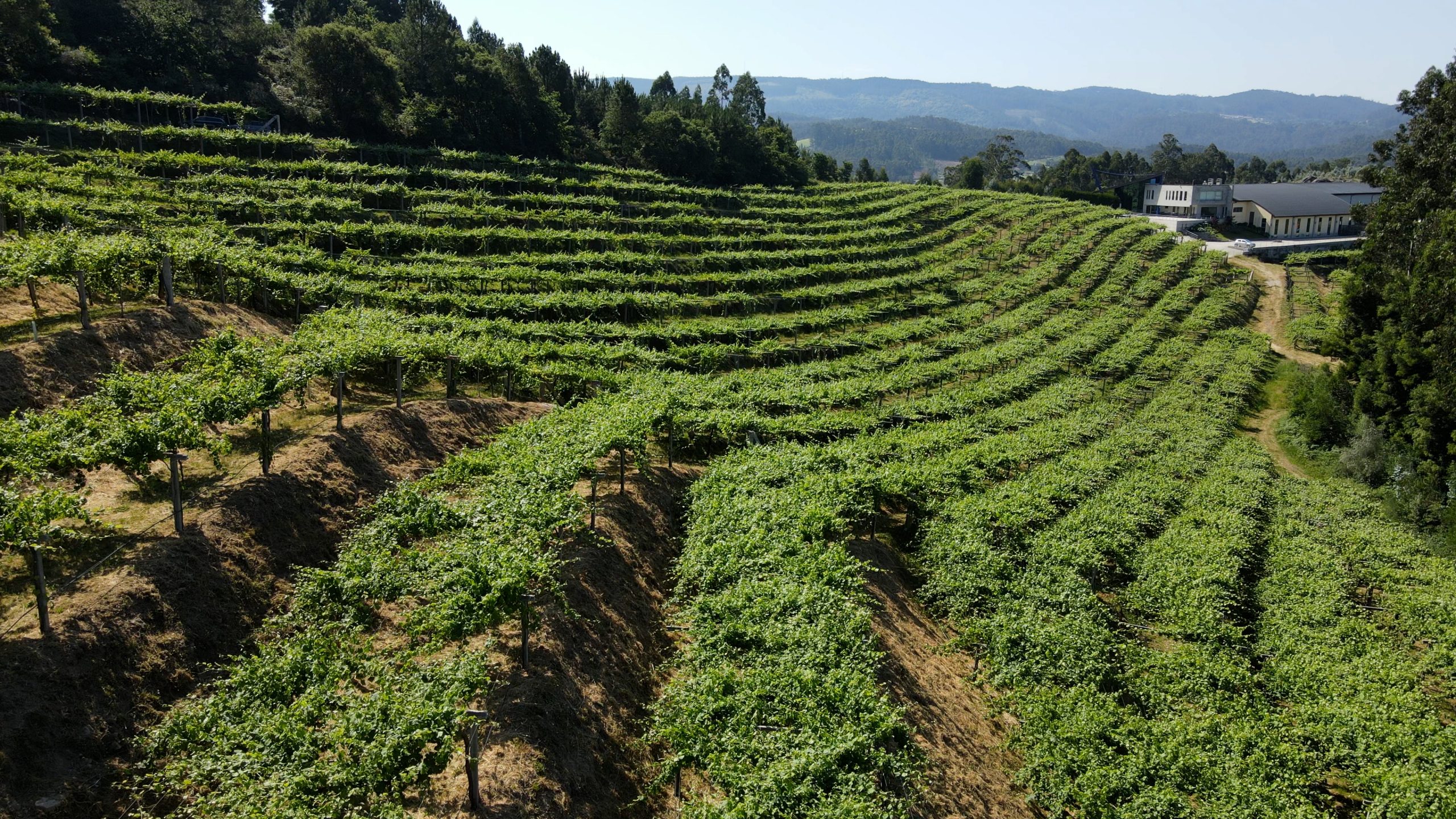Sea change: The Atlantic influence on Rías Baixas Albariño
By db staff writerThe influence of the Atlantic allows Mar de Frades to create a truly unique expression of Albariño.

SPANISH WINE producer Mar de Frades, established in 1986, prides itself on producing fresh, expressive wines that capture the spirit of the Atlantic Ocean.
The producer ’s flagship wine, Albariño Mar de Frades, has become a benchmark for the Rías Baixas designation of origin (DO), which sets quality standards for wines in the region, especially for Albariño, helping to elevate this grape variety in the eyes of the world’s consumers and members of the wine trade.
Pale lemon-yellow in the glass with lime-coloured glints, the distinctive Albariño has notes of wild flowers, eucalyptus, mint, tropical fruit and balsamic plants, with a touch of minerality and an unmistakable saline influence. It’s not just the subtle saltiness of the wine which reflects the ocean – everything about Mar de Frades Albariño, including its distinctive packaging, suggests the rhythms of the Atlantic. Packaged in an iconic blue bottle, the wine sports a thermochromic label, upon which a yacht appears when the wine reaches ideal drinking temperature.

Paula Fandiño, oenologist at Mar de Frades, describes the high-end white as “a lively, elegant, very expressive wine, which reflects the landscapes of its origin, and always with the character of the Atlantic Ocean with all its untamed purity”. She adds that it has “extraordinary cellaring sponsored profile potential” due to delicate working of the lees. And, as you’d expect from a wine created so close to the Atlantic, it makes the ideal companion for seafood.
Mar de Frades is a member of sustainable group Wineries for Climate Protection, and is carrying out a series of actions to conserve biodiversity in its vineyards, including using worm humus and organic fertiliser on soils, and installing smart irrigation to conserve water.

Related news
Campo Viejo lets creative juices flow with new Art & Pasión experience
